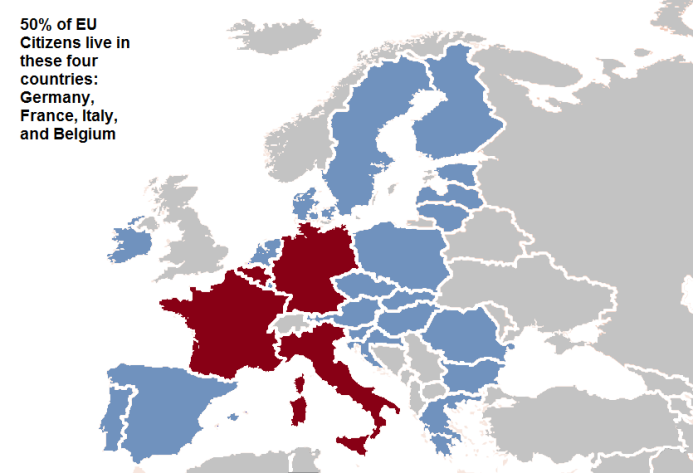If the electoral college is eliminated and the popular vote used instead then the cities who have the highest populations, who also happen to have more people dependent on government handouts, and harbor leftists liberals, will determine the elected officials every time and that would not be fair for the rest of the country where city life doesn’t fit the needs of the general population. Pretty much three states would pick the president every election. That would not be fair to the people in the midwest who have sparse populations. Just because you live in a highly populated area doesn’t mean your voice should be louder than the rest of the country. If you have watched the news lately then you should take note those liberal run cities are a disaster and people are leaving them in droves such as NYC.
Let’s face it, leftists liberals do not offer the average middle class hard working American anything but higher taxes and increased restrictive government regulation that stifles businesses and innovation and kills the economy. The smarter voters who love America and embrace hard work in order to make their families life better know this and vote for people like Trump, so liberals resort to lying, cheating, steeling, and will even go as low as to destroy our great cities in America to get their power back. People don’t want a totalitarian government, they want elected officials who work for the people and want to make America great. This is why Trump is winning. If the popular vote is used then say goodby to a fair democratic system because the democrats and their extreme left ideas will be instituted. Say goodbye to your second amendment rights. Say goodbye to law and order and a safe society for all. Say goodbye to even capitalism and our great American way of life. And when things get really bad you will be forced to depend on the government and that is exactly what leftist liberals want so they have total power over you and your life and with a corrupt voting system you won’t have a voice that they will listen too.
The lying gets worse too because 95% of all the media and internet giants such as CNN, ABC, MSNBC, Google, and Facebook are in bed with the Democrats and that I’m not 100% sure why but they mislead the American people with their very biased fake news.
And if you don’t believe me then listen to Maximo Alvarez’s who came from a country who promised their people the same lies and when they got the power they oppressed their people. It’s the same lies folks, don’t fall for it. You don’t need the government to control you.
https://youtu.be/jJnShBMG3uY






 Reply With Quote
Reply With Quote


